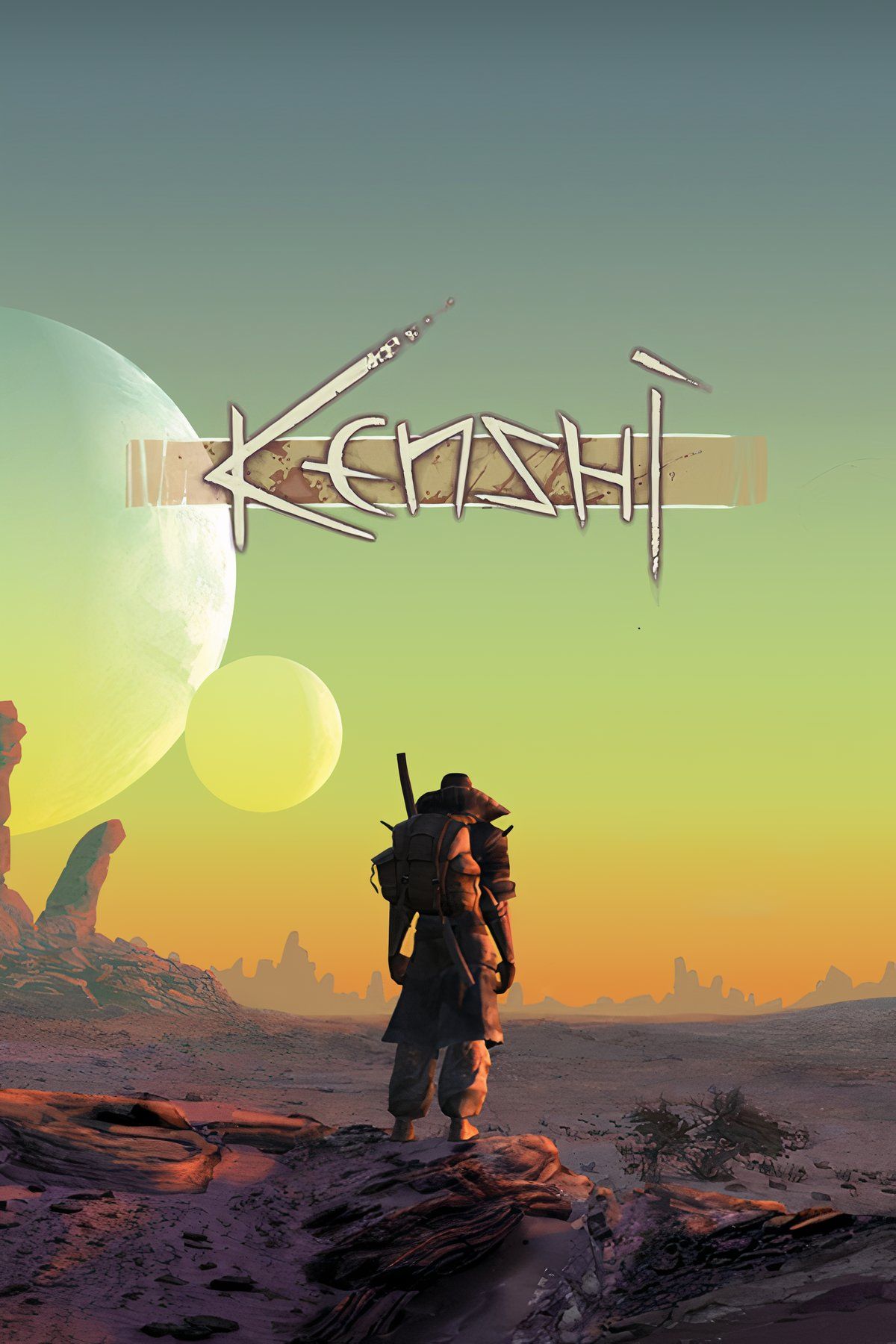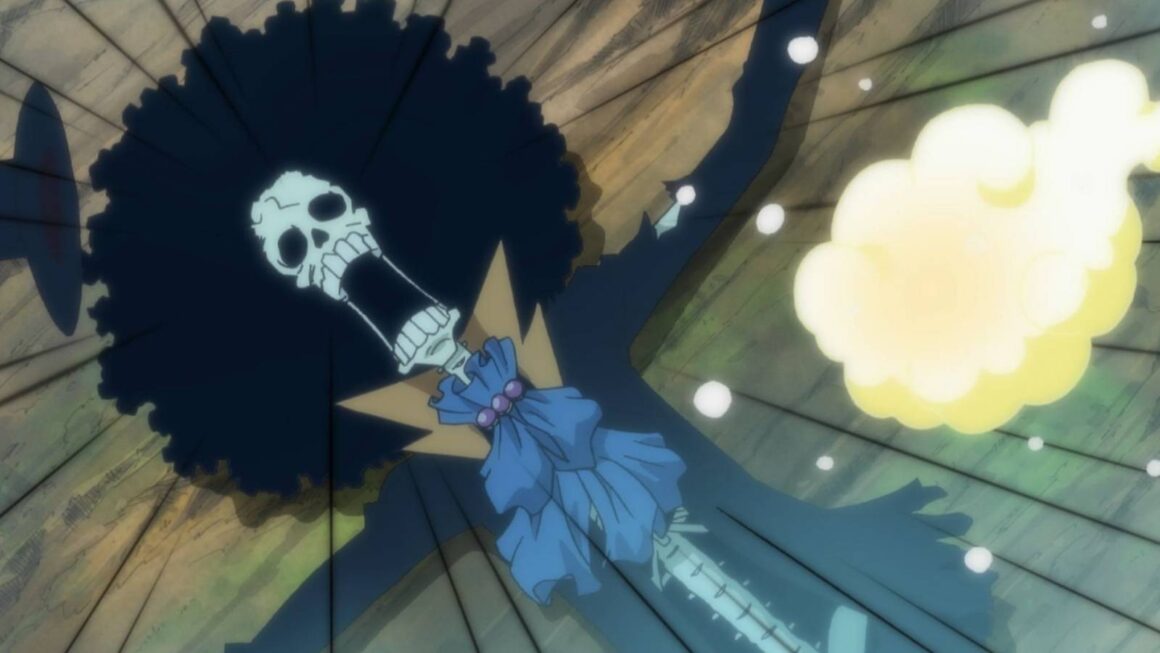Abstract
- Dwarf Fortress creates chaotic tales with weird outcomes, monitoring even the smallest particulars for epic sagas.
- Mount & Blade 2: Bannerlord options evolving dynasties and politics, the place participant actions form medieval dramas with lasting penalties.
- Kenshi gives a novel expertise with no central plot, letting gamers navigate a harsh world the place actions have lasting results on the narrative.
There’s one thing magical about watching a narrative unfold not as a result of somebody wrote it that means, however as a result of a bunch of programs unintentionally created drama, betrayal, and heartbreak. Procedurally generated tales can typically really feel extra private than scripted ones, as a result of they weren’t meant to occur the best way they did.
They’re the byproduct of chaos assembly penalties. When that sort of unpredictability is ready unfastened in a sprawling open world, it stops being a sandbox and begins turning into a storyteller with a thousand voices. These video games do greater than merely let gamers reside on this planet. They let the world keep in mind what occurred.
5
Dwarf Fortress
The place A Drunken Goat Can Finish A Civilization
Nobody actually performs Dwarf Fortress — they survive it. What begins as a modest try to dig out a pleasant dwelling for a bunch of bearded alcoholics typically ends with forgotten beasts poisoning the water provide, whereas a baby tantrums their means right into a homicide spree. Tales aren’t delivered to gamers in cutscenes or quest logs. They bubble up from a swirling mess of AI routines, character traits, random occasions, and absurd cause-effect chains that make sense solely to the sport’s ASCII-coded insanity.
All the pieces in Dwarf Fortress is tracked, from what number of socks a dwarf owns to what sort of trauma they develop after watching a good friend get eaten by a cave crocodile. Complete sagas can play out from a single dangerous determination, and the sport’s Legends Mode catalogs each title, dying, betrayal, and bar battle right into a world history e-book thicker than a university thesis. No two tales are the identical, and most of them finish in fireplace.
4
Mount & Blade 2: Bannerlord
The Political Simulator No person Requested For, However Everybody Wanted
In Mount & Blade 2: Bannerlord, gamers may begin off clearing bandit camps with a pitchfork. However by the hundredth day, they’re knee-deep in dynastic wars, marriage alliances, and petty revenge feuds with different nobles who didn’t like getting captured twice. What makes it particular is how the world strikes with out the participant. Kingdoms rise, fall, and betray each other whereas the participant continues to be making an attempt to determine the right way to afford a second horse.
Characters develop previous, heirs are born, and grudges are carried throughout generations. It’s not scripted; it’s simulated. A lord that was as soon as a ingesting buddy may present up years afterward the alternative facet of a siege, demanding give up. And even then, the end result will depend on what the participant did years in the past, who they spared, who they bankrupted, who they insulted throughout a feast. Each marketing campaign spins into its personal medieval drama, full with politics, betrayal, and somebody inevitably defecting to the enemy mid-war.
3
Kenshi
You’re Not The Hero, You’re Simply Alive
What makes Kenshi really feel so totally different is that there’s no main quest, no central villain, and no divine prophecy to comply with. The participant is a anonymous no one dumped right into a desert stuffed with limb-chopping bandits, slave merchants, historic AI remnants, and sufficient bleak existentialism to make Darkish Souls blush. However give it time, and Kenshi’s world begins to construct one thing again, not via scripted occasions, however via trigger and impact.
Arrange a base, and close by factions may take discover. Begin robbing commerce caravans, and the native financial system may begin collapsing. Rescue a dying drifter and immediately end up being hunted by the Holy Nation for harboring a skeleton. The world remembers actions, not via journal entries, however via penalties that come again to chew weeks later. Each scar, each misplaced companion, each amputated leg is a part of a narrative that wasn’t pre-written, however developed from the chaos.
2
Cataclysm: Darkish Days Forward
The place Your Worst Mistake Is Going Exterior
There’s no simple option to describe Cataclysm: Darkish Days Forward. It’s half survival roguelike, half horror sim, and half DIY apocalypse diary. There are not any quests, simply targets gamers set for themselves. Survive the evening. Discover antibiotics. Construct a deathmobile out of scrap steel and lawnmowers. And all of it performs out inside a procedurally generated world the place the story adjustments primarily based on each alternative and each failure.
One run may finish with a mutant character burning down a mansion stuffed with zombified moose. One other may spiral right into a determined winter meals hunt whereas dodging radioactive blobs and hallucinations brought on by sleep deprivation. NPCs have their very own targets, cities are randomly populated, and every little thing from climate to wildlife may be tweaked. Due to this, each playthrough finally ends up spinning its personal narrative. The sport doesn’t inform gamers what the story is. It lets them understand it midway via freezing to dying in a library.
1
Center-Earth: Shadow of Struggle
That Orc You Killed Is Again And He’s Mad
What began in Shadow of Mordor was perfected in Shadow of Struggle. The Nemesis System didn’t simply create enemies. It created personalities, rivalries, and grudges that felt painfully private. An orc captain who received fortunate with a firebomb may later present up scarred, vengeful, and one way or the other now fluent in poetry. And he remembered each that he fought the participant earlier than and the way it occurred, and whether or not he received or misplaced.
The sandbox world of Mordor evolves as gamers promote spies, assassinate warchiefs, or abandon strongholds. Orcs betray one another, type blood feuds, and maintain grudges for the weirdest causes. The sport does not hand out quests as a lot because it lets the participant trigger them, whether or not by failing a mission or letting the incorrect orc survive. It’s not only a procedural story. it’s dynamic storytelling that reacts to wins, losses, mercy, and cruelty. And probably the most haunting half? The tales persist with the orcs lengthy after the participant forgets.







